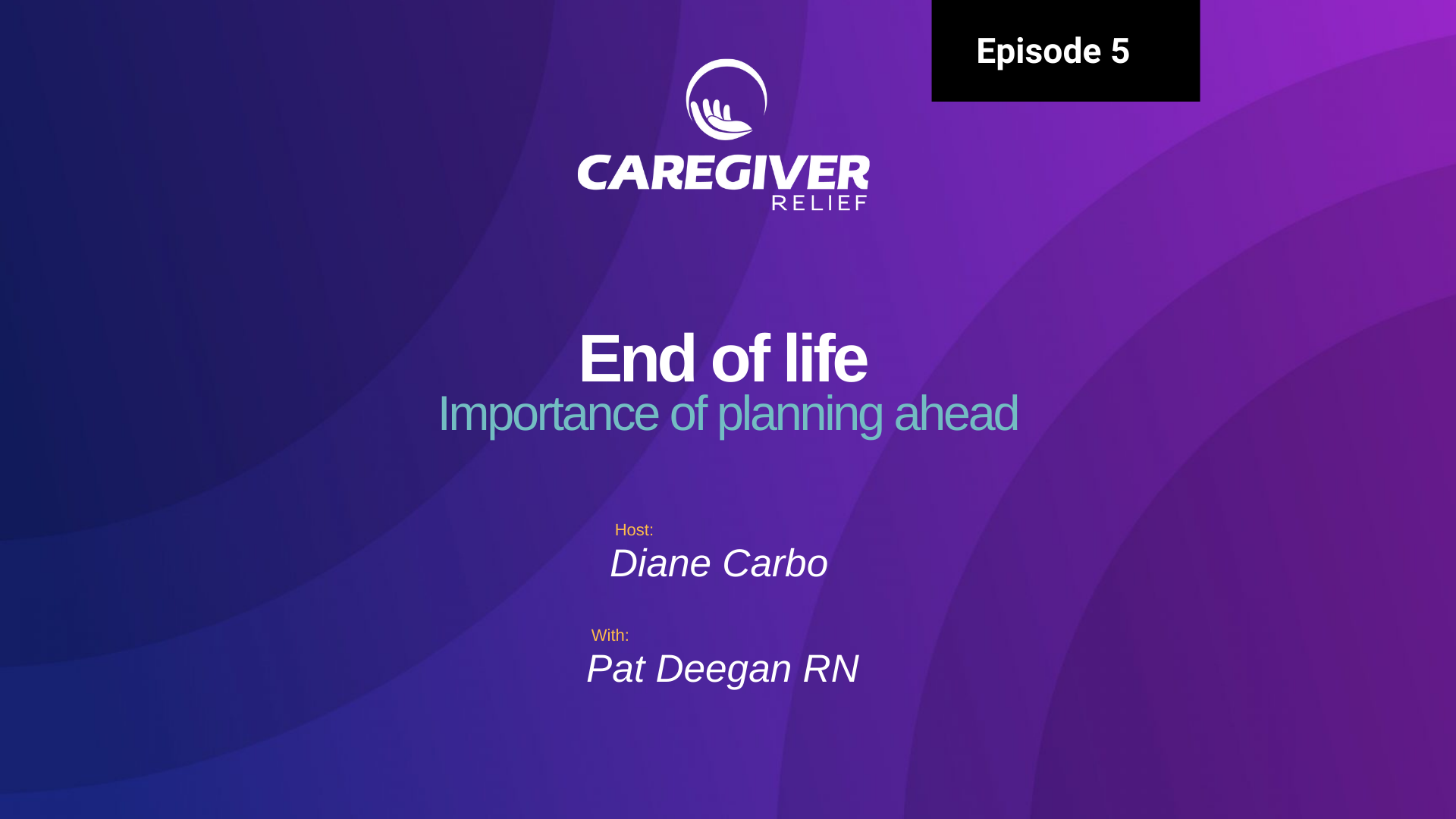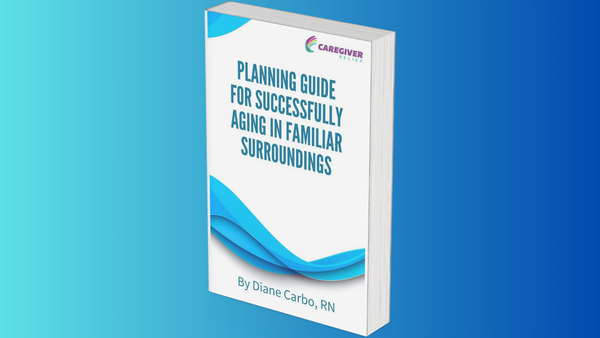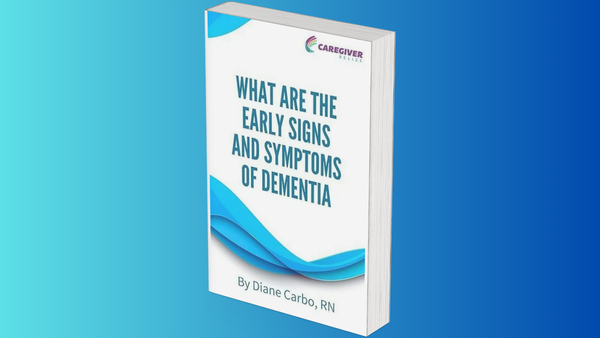All You Need to Know About Power of Attorneys
A Power of Attorney (POA) is a legal document that grants someone authority to act on behalf of the principal. Common scenarios for POAs include managing finances and medical decisions for an elderly parent, or taking care of financial and legal matters while traveling abroad.

Imagine your elderly parent becomes ill and can no longer manage their financial affairs or make healthcare decisions. What happens next? The answer lies in understanding the power of attorneys (POA), a legal tool that can provide peace of mind and security for you and your loved ones. In this comprehensive guide, we’ll walk you through everything you need to know about the power of attorneys, including types, setting one up, and state-specific requirements.
Key Takeaways
- A Power of Attorney (POA) is a legal document that grants someone authority to act on behalf of the principal.
- Common scenarios for POAs include managing finances and medical decisions for an elderly parent, or taking care of financial and legal matters while traveling abroad.
- Having a POA can provide peace of mind knowing your wishes will be carried out if you become unable to make decisions.
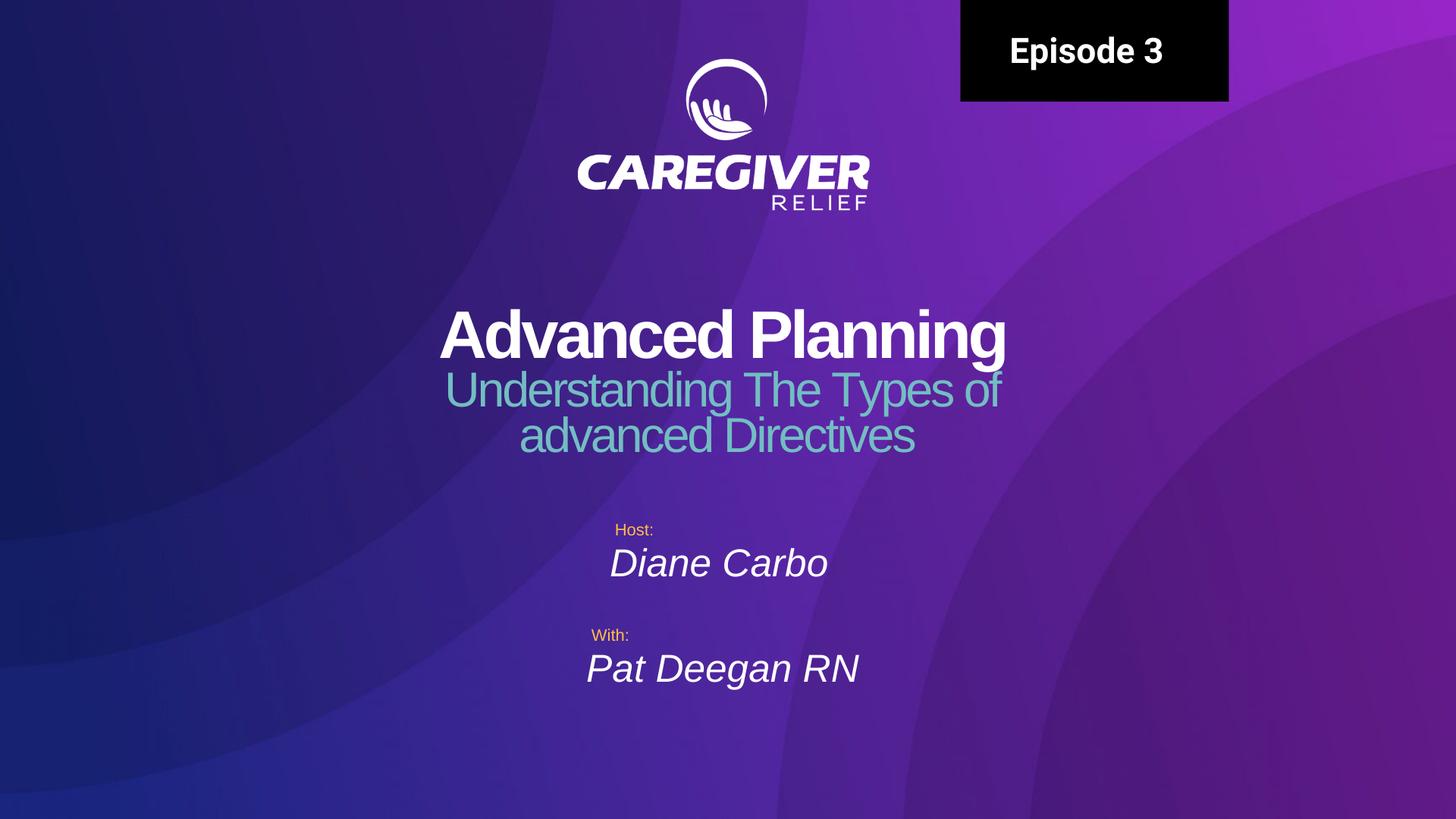
Understanding Power of Attorneys

A POA is a legal document that grants someone the authority to make decisions on behalf of another person, such as managing financial affairs, bank accounts, or healthcare decisions. POAs are used when one is unable to make decisions about finances, bank accounts, or health care, enabling another person to make those decisions. Older adults involved in estate planning often set up POAs.
This vital legal tool covers a broad range of scenarios, from handling a loved one’s affairs while they are traveling abroad to managing the financial and medical matters of an incapacitated family member. We will now delve into the definition and purpose of POAs and examine typical use cases.
Definition and Purpose
A power of attorney is a legal document that grants someone, known as the agent, the authority to act on behalf of the principal – the person creating the POA. The primary purpose of a POA is to allow someone to make decisions for the principal in the event they become unable to do so themselves, granting the agent broad powers to act on their behalf.
People typically use POAs when they are unable to manage their affairs due to mental incapacity or physical absence, granting broad authority to the agent. Choosing a reliable agent is vital because they will possess the same legal authority as the principal.
Next, we will look at some typical situations where a POA might be necessary.
Common Scenarios for POA Use
A power of attorney is typically needed when someone can no longer handle their own affairs due to an illness or injury. For example, an adult child may need a POA to manage an elderly parent’s finances and medical decisions if they become incapacitated. In other cases, a person may need a POA if they are traveling abroad and need someone to take care of their financial and legal matters while they are away.
Having a POA in place can offer peace of mind that your affairs will be taken care of if anything happens to you or if you become unable to manage them. It also helps guarantee that your wishes are followed and that your assets are handled in the way you want. Before establishing a POA, it’s necessary to comprehend its risks and limitations, along with the rules specific to your state.
Types of Power of Attorneys

There are several types of POAs to cater to different needs, including health care, financial, durable, and springing POAs. Each type has its unique purpose and scope.
We will now examine each type to gain a better understanding of their roles and responsibilities.

Health Care POA
A health care POA, also known as a medical power of attorney, grants an agent the health care power to make medical decisions on behalf of the principal when they are unable to do so themselves. This type of POA is necessary to respect the principal’s healthcare wishes and to ensure that medical decisions prioritize their best interests.
Financial POA
A financial POA gives an agent the authority to manage the principal’s financial affairs, such as banking transactions and property management. The agent’s role and responsibilities in a financial POA encompass handling the principal’s financial matters, ensuring that their assets are managed according to their wishes, and exercising the necessary financial power.
Durable and Springing POA
Durable power of attorney (POA) documents come in two main types: durable POAs and springing POAs. Durable POAs remain in effect even if the principal becomes incapacitated, ensuring continuous decision-making on their behalf. On the other hand, springing POAs only take effect upon the principal’s incapacitation, as specified in the document. These two types of POAs cater to different preferences and needs, offering flexibility in how and when the agent’s authority is granted.
Setting Up a Power of Attorney

Setting up a POA involves a few essential steps, including choosing an agent, drafting the document, and executing the POA. Each step is crucial to ensure the POA is legally valid and accurately reflects the principal’s wishes.
We will now probe into each step to learn how to effectively set up a POA.
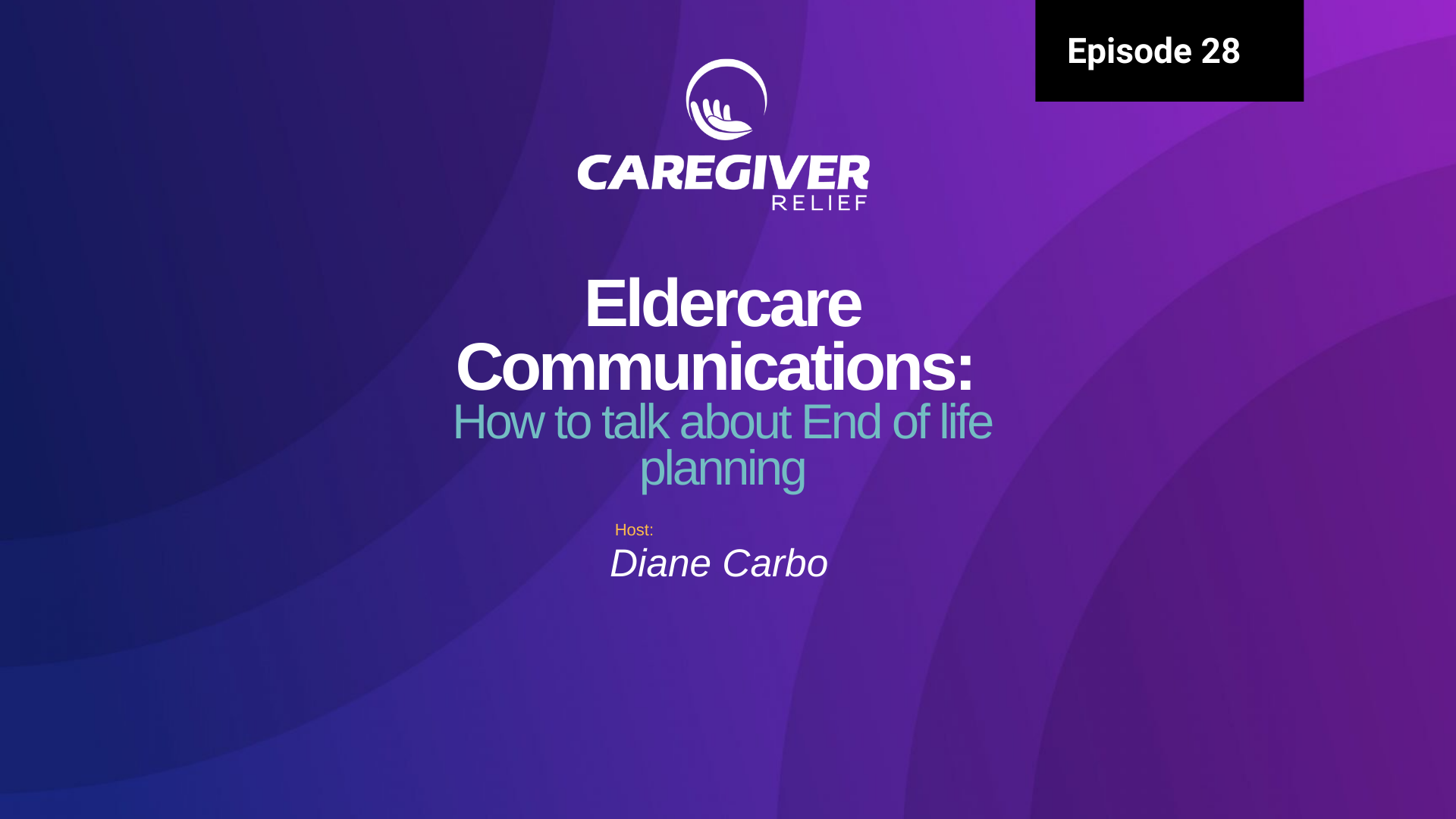
Choosing an Agent
Selecting a trustworthy and capable individual to act as the agent in a POA is a crucial decision. Often, the agent is a family member, close friend, or professional, such as a lawyer or accountant. Choosing someone who will act in the principal’s best interest and who clearly understands their fiduciary responsibilities is crucial. An attorney in fact can be a suitable choice, given their expertise and experience in handling such matters.
While the agent should be someone the principal trusts, it’s also important to consider their availability and ability to manage the tasks involved. The principal should discuss the potential role with the agent before making a decision to ensure they are comfortable with the responsibilities.
Drafting the Document
Creating the POA document can be done using online templates, paid services, or with the help of an attorney. No matter the method chosen, the attorney document, in this case, the POA, must accurately reflect the principal’s wishes and comply with their state’s legal requirements. This ensures the POA is legally valid and will be recognized when needed.
Executing the POA
Properly signing and notarizing the POA document is an essential step in executing the POA. The requirements for notarizing the POA vary by state, with some states requiring witnesses or a notary public to validate the document.
Researching and adhering to the specific requirements of the principal’s state is crucial to make sure the POA is legally binding and enforceable.
Limitations and Risks of Power of Attorneys

Despite the peace of mind and security that POAs can provide, understanding their limitations and potential risks is necessary. This section will explore the limitations of the powers granted to an agent and the potential risks associated with POAs, including the possibility of agents making poor decisions or abusing their power.
POA Limitations
There are restrictions on the powers granted to an agent in a POA. For instance, an agent cannot alter a will or make decisions after the principal’s death. Understanding these limitations when drafting a POA is crucial for the principal, as is ensuring the document accurately reflects their wishes and the powers they wish to grant to the agent.
Potential Risks
The potential risks associated with POAs include:
- Agents making poor decisions or abusing their power
- Making investments that are too risky or not in line with the principal’s wishes
- Exploiting the principal and misusing their funds
- Making decisions that don’t serve the principal’s best interests
Choosing a reliable agent and monitoring their actions is key to mitigating these risks.

Revoking or Changing a Power of Attorney

There may come a time when a principal needs to revoke or change a POA, whether due to a change in circumstances or the agent’s inability to fulfill their duties. This section will discuss the reasons for revocation and the process of revoking or altering a POA.
Reasons for Revocation
Revocation of a POA may be necessary if there has been a change in circumstances or if the agent can no longer fulfill their duties. For instance, if the agent becomes incapacitated, moves away, or demonstrates they cannot responsibly manage the principal’s affairs, revoking the POA may be necessary to protect the principal’s interests.
Process of Revocation
To revoke a POA, the principal must notify the agent and any third parties involved in writing. If a new POA is needed, the principal should create and deliver a new document to the new agent. It’s important to document and communicate the revocation properly to ensure the old POA is no longer valid and the new agent has the correct authority.

State-Specific POA Requirements

Legal variations in POA requirements and regulations exist between states, making it important to research and understand state-specific information. This section will discuss the variations in POA requirements by state and offer resources for obtaining state-specific information.
Legal Variations by State
Differences in POA requirements and regulations depend on the state in which the POA is executed. For example, some states may require specific witnessing or notarization procedures for a POA to be legally valid, which may involve certain legal documents.
It’s important for the principal to research and adhere to the specific requirements of their state to ensure the POA is legally binding and enforceable.
Finding State-Specific Information
To find information on state-specific POA requirements and regulations, resources such as FindLaw, the American Bar Association, and US Legal can be helpful. These websites provide information on the laws and requirements for each state, ensuring that the principal is well-informed and able to create a legally valid POA.
Power of Attorney for Military Personnel

Military personnel may also need a POA to ensure their affairs are managed while they are deployed. This section will provide an overview of POAs for military personnel and explain how to access assistance from a military attorney.
Military POA Overview
A military POA allows spouses and loved ones to take care of personal or business affairs for service members who are away on deployment. This can include managing finances, making medical decisions, and handling other legal matters.
A military POA ensures the affairs of service members are managed while they are deployed.
Obtaining Military Attorney Assistance
Military personnel can receive legal assistance for creating a POA through:
- Military legal assistance offices on many bases, ships, and installations
- Resources such as Military OneSource
- The American Bar Association, which provides guidance and connections to legal assistance attorneys who can help service members with the paperwork.
Choosing Multiple Agents or Successor Agents
Some people may choose to appoint multiple agents or successor agents in their POA. This section will discuss the advantages and potential difficulties of appointing multiple or successor agents to manage the principal’s affairs.
Benefits of Multiple Agents
Having more than one agent can provide increased oversight and shared responsibilities. Multiple agents can offer different perspectives and expertise, giving the principal more flexibility and choices in decision-making.
Additionally, having more than one agent can enhance accountability, ensuring the principal’s best interests are always at the forefront of any decisions.
Potential Challenges
Appointing multiple agents or successor agents in a POA can also present challenges. Conflicts may arise between agents, leading to delayed decision-making. Furthermore, coordinating between agents in different states or countries can be cumbersome and time-consuming.
Before making a decision, it’s important to balance the benefits and challenges of appointing multiple or successor agents.
Benefits of having a Power of Attorney
Having a POA can offer peace of mind and security, as it ensures your wishes will be executed if you become incapacitated. Ensuring that your financial and medical decisions are made according to your preferences can offer a sense of control, even in the event of unforeseen circumstances.
Summary
In conclusion, understanding the power of attorney is essential for ensuring that your financial and medical decisions are made according to your wishes in the event of incapacity or absence. By knowing the different types of POAs, the process of setting one up, and state-specific requirements, you can take control of your future and protect your interests. Don’t wait for a crisis to strike – be proactive and establish a POA today.
Frequently Asked Questions
What are the three basic types of powers of attorney?
There are three main types of Powers of Attorney: non-durable, springing and durable. A non-durable POA becomes effective immediately upon execution, while a limited power POA grants certain specified powers. A durable POA remains in effect even if the principal becomes incapacitated.
What is the most powerful power of attorney?
A general durable power of attorney is the most powerful power of attorney and takes effect immediately.
What three decisions Cannot be made by a legal power of attorney?
A POA cannot transfer the responsibility to another agent, make any legal or financial decisions after the death of the Principal, or distribute inheritances or transfer assets after the death of the Principal.
Who is the best person to be power of attorney?
When selecting someone to be your power of attorney, it is important to choose someone trustworthy and capable, such as a spouse, close family member, or friend. Having an understanding of finances and business, as well as attention to detail and a commitment to taking their duties seriously, are all important qualities for this person to have.
What is the main purpose of a power of attorney?
A power of attorney gives someone the legal authority to make decisions on behalf of another person, such as managing financial and healthcare affairs, when they are unable to do so themselves.
What is a Power of Attorney (POA)? A Power of Attorney (POA) is a legal document that grants an individual, known as the "agent" or "attorney in fact," the authority to make decisions on behalf of another person (the "principal"). These decisions can cover financial, medical, or legal matters, depending on the type of POA.
What types of Power of Attorney are there? There are several types of Power of Attorney:
- General Power of Attorney: Grants broad powers to the agent to handle financial and legal matters.
- Durable Power of Attorney (DPOA): Remains effective even if the principal becomes mentally incapacitated.
- Medical Power of Attorney (Medical POA): Allows the agent to make health care decisions on the principal's behalf.
- Springing Power of Attorney: Only takes effect when a specific event occurs, such as the principal becoming mentally incompetent.
3. What is the difference between a Financial POA and a Medical POA?
- A Financial POA gives the agent authority to manage the principal's financial matters, such as paying bills, managing bank accounts, or handling investments.
- A Medical POA allows the agent to make decisions regarding the principal's medical treatment and health care, including life support or end-of-life decisions.
4. Who should I choose as my Power of Attorney? It's important to choose someone you trust, often a close family member or adult child. They should be able to act responsibly and in your best interests. You can also appoint more than one agent or designate successor agents in case the primary agent cannot fulfill their duties.
5. What does 'durable' mean in a Durable Power of Attorney? A Durable Power of Attorney remains in effect even if the principal becomes mentally incapacitated, allowing the agent to continue managing financial or medical affairs when the principal is no longer capable.
What is the role of the agent in a Power of Attorney?
The agent has the authority to act on behalf of the principal in legal, financial, or health-related matters. Their powers can be broad or limited depending on the scope outlined in the POA document. The agent must act in the principal's best interests and avoid conflicts of interest or undue influence.
Can a Power of Attorney be used to manage bank accounts and financial affairs?
Yes, a Financial POA allows the agent to handle the principal’s bank accounts, pay bills, manage real property, and oversee financial transactions. This can include making investments, selling property, and managing other financial matters.
What happens if I become mentally incapacitated without a Durable Power of Attorney?
If you do not have a Durable Power of Attorney in place and become mentally incapacitated, your family may need to go to court to appoint a legal guardian to manage your affairs. This process can be time-consuming and costly.
Does a Power of Attorney remain valid after the principal’s death?
No, a Power of Attorney automatically expires upon the principal's death. After death, the executor named in the principal’s will takes over managing the estate.
Can I revoke a Power of Attorney?
Yes, as long as you are mentally competent, you can revoke a Power of Attorney at any time by providing a written notice to the agent and any relevant institutions (e.g., banks).
Are there any risks with granting someone Power of Attorney?
Yes, giving someone broad authority over your affairs can lead to misuse or elder abuse if the agent does not act responsibly. It’s important to choose a trustworthy agent and monitor their actions.
Is a Power of Attorney legally binding?
Yes, a properly executed Power of Attorney is legally binding. Depending on your state, you may need to have the document notarized or signed in the presence of witnesses to make it valid.
How can I ensure my Power of Attorney is effective immediately?
You can specify in the document that the POA takes effect immediately, or you can opt for a springing POA, which only becomes effective under certain conditions, like incapacitation.
Can more than one agent act jointly?
Yes, you can appoint more than one agent to act jointly on your behalf. However, this can sometimes cause delays if agents disagree on decisions.
Do I need a lawyer to create a Power of Attorney?
While it's not legally required to have a lawyer, consulting a qualified lawyer or estate planner is recommended to ensure the document is correctly drafted and meets state legal requirements.
Does a Power of Attorney cover healthcare decisions?
A Medical Power of Attorney specifically covers healthcare decisions. You can appoint an agent to make decisions about medical treatments, surgeries, or end-of-life care if you're unable to make those decisions yourself.
How do I handle estate planning with a Power of Attorney?
A POA can be a crucial part of your estate planning process. It ensures that someone you trust is managing your financial and medical affairs if you're unable to do so. However, estate plans often include other documents like wills or trusts, so it’s essential to consult a lawyer for comprehensive planning.
How much does it cost to get a Power of Attorney?
The cost varies depending on whether you use an attorney or create the document on your own. Attorney fees can range from $100 to several hundred dollars, depending on the complexity of the document and legal advice provided.
Can a Power of Attorney be used to sell my property?
Yes, if the Power of Attorney grants the agent authority over real property transactions, they can sell your property. However, the specific authority must be clearly stated in the document.
Where can I get free legal assistance for creating a Power of Attorney?
Many local legal aid organizations or online resources offer free assistance with creating a Power of Attorney. Some states also have free forms available on their government websites.
What is a limited Power of Attorney?
A limited Power of Attorney grants the agent authority to handle specific tasks or financial matters, such as selling property or managing a bank account, rather than granting broad powers over all financial affairs.
Can I appoint more than one agent to act on my behalf?
Yes, you can appoint more than one agent. You can specify in the document if they must act jointly or independently. However, if they must act jointly, disagreements may delay decision-making.
What happens if the agent under my Power of Attorney abuses their authority?
If an agent is suspected of elder abuse or undue influence, you can revoke the POA, and legal actions may be taken. The agent has a legal obligation to act in the principal's best interests, and failure to do so can result in legal consequences.
What is a "springing" Power of Attorney?
A springing Power of Attorney only takes effect when a specific condition, such as the principal becoming mentally incapacitated, occurs. It "springs" into action under these predefined circumstances.
Can a Power of Attorney make decisions about my medical treatment?
Yes, a Medical POA or healthcare power authorizes the agent to make medical decisions on behalf of the principal, including decisions about life support and other health-related decisions when the principal cannot make them themselves.
Does a Power of Attorney remain valid if I become mentally incompetent?
If the POA is a Durable Power of Attorney (DPOA), it remains valid even if the principal becomes mentally incapacitated. However, a non-durable POA would expire in such cases.
Can a Power of Attorney help with paying bills and managing finances?
Yes, a Financial POA allows the agent to handle financial transactions, such as managing bank accounts, paying bills, and overseeing financial matters on behalf of the principal.
Does a Power of Attorney require a notary public?
In many states, the POA document must be signed in the presence of a notary public or notary present to be legally binding. It's important to check state law requirements for proper execution.
What happens to the Power of Attorney when the principal dies?
A Power of Attorney automatically expires upon the principal's death. After the principal's death, the agent no longer has any authority, and the estate will be managed by the executor.
Can a Power of Attorney be used to make real estate transactions?
Yes, a valid Power of Attorney can authorize an agent to sell property or manage other real property matters, as long as these powers are clearly outlined in the legal document.
You might also like this article:

